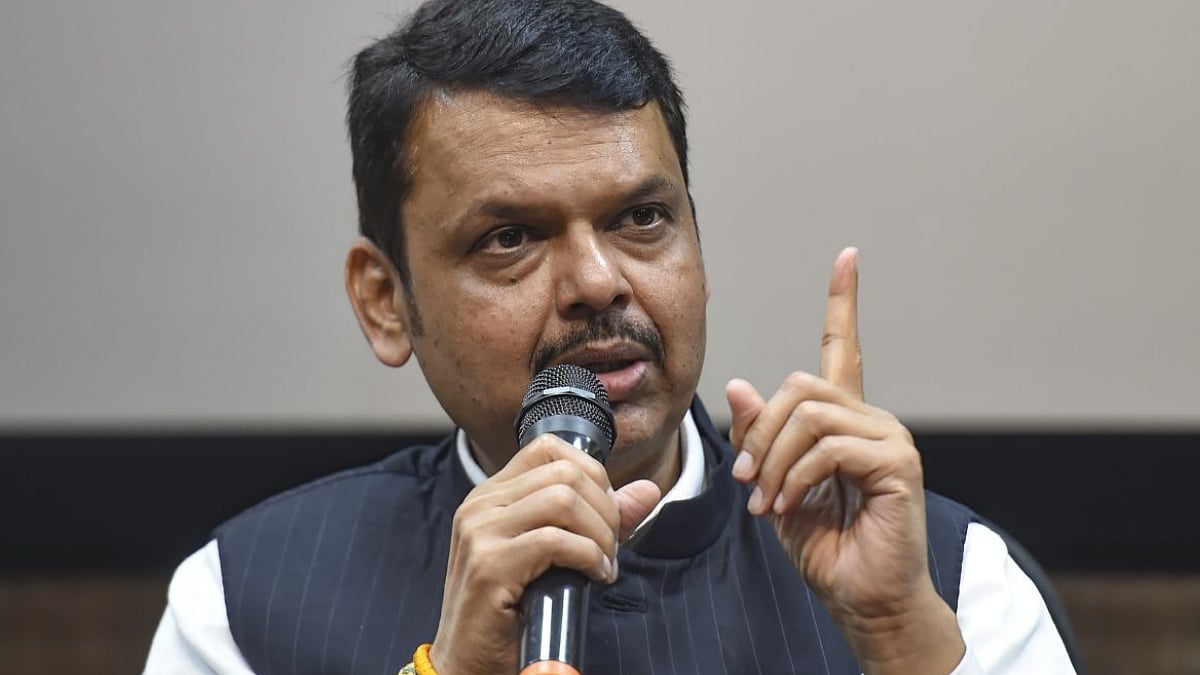Mumbai: In a significant move aimed at tackling Urban Naxalism and extremist threats, the Maharashtra Legislative Assembly has passed the Maharashtra Special Public Security Bill, granting sweeping powers to the state to take preemptive action against radical organisations and individuals that pose a threat to public order and national security.
The bill was tabled by Chief Minister Devendra Fadnavis, who also holds the Home portfolio, and was passed by a voice vote amid strong backing from the ruling coalition. Only one legislator, Vinod Nikale from Dahanu, opposed the bill. The legislation is now set to be tabled in the Legislative Council for final approval.
CM Fadnavis highlighted that the bill had gone through rigorous scrutiny and consultation. "We studied over 12,500 suggestions and objections from the public before finalizing the draft. It is a balanced and progressive law more advanced than similar laws in states like Telangana, Andhra Pradesh, Odisha, and Jharkhand,” he said.

The bill was first introduced in December 2024, but was then referred to a Joint Select Committee for review, following opposition from civil society and political leaders. The revised version reflecting key amendments was presented in the Assembly on Thursday.
Fadnavis firmly asserted that the law is not an attack on leftist ideology or political dissent, but rather a focused measure against organisations that promote violence, subvert democratic institutions, or radicalize citizens against the Indian Constitution.
"This law targets those who glorify violence and seek to overthrow the government by force, not those who hold alternative views," said the Chief Minister. He read excerpts from the CPI (Maoist) constitution during the session, citing its calls to wage war against the Indian state and its institutions.
Fadnavis revealed alarming figures, stating that 64 left-wing extremist organisations are currently active in Maharashtra, the highest among Indian states. "Six organisations banned in other states like Telangana, Andhra Pradesh, and Jharkhand are still active here," he noted.
Seized Maoist literature and intelligence reports suggest that districts such as Beed, Amravati, and Dharashiv are witnessing a rise in underground activities. "These groups are not only targeting the uneducated but also successfully radicalizing educated youth," Fadnavis warned.
The original bill faced strong criticism from human rights organisations and opposition parties. A 25-member Joint Committee, chaired by Revenue Minister Chandrashekhar Bawankule, was formed to review the bill. The committee included senior leaders like Jitendra Awhad, Satej Patil, Jayant Patil, and Ajay Choudhari.
Major changes like Replacing vague terms like “individuals and organisations” with “organisations with extreme ideologies.” Strengthening judicial oversight to prevent misuse,
Explicit safeguards to ensure that the law isn't used to suppress political opposition.
CM Fadnavis pointed out the limitations of existing laws like the Unlawful Activities (Prevention) Act (UAPA), which primarily acts after a terrorist incident. "Our aim is prevention, not just reaction. This new law enables early intervention before violence erupts," he said.
Key Features of the Maharashtra Special Public Security Bill:
Preemptive Detention: Allows authorities to detain members of radical organisations deemed a threat to public order or national security without formally registering a case.
Ban on Organisations: The government can declare an organisation as "unlawful" and freeze its bank accounts, seize properties, and shut down offices.
Successor Organisations: If banned groups rebrand themselves under a new name, the law allows these new entities to also be declared illegal.

Investigation Protocols: Only officers above the rank of Deputy Superintendent of Police (DSP) can probe offences under the Act, ensuring higher accountability.
Tribunal and Advisory Board: A judicial review mechanism will be established through a Tribunal headed by a serving or retired High Court judge, along with a retired district judge and a government pleader.
Right to Appeal: Detainees can directly challenge their detention before the High Court, bypassing lower courts.










